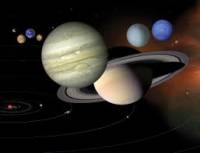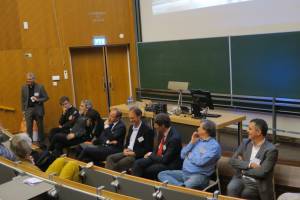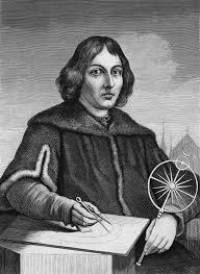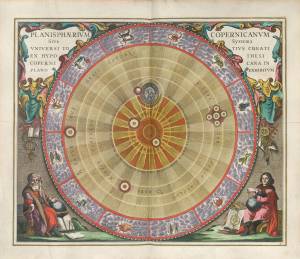Dit is een oude revisie van het document!

Copernicus 2016 symposium
From the Copernican revolution to our modern view of the solar system and the universe
Dec. 9, 2016 – Radboud University, Nijmegen, Linnaeusgebouw, Room LIN1 
400 years ago, in 1616, the Sacred Congregation of the Index placed Copernicus' “On the Revolution of the Celestial Spheres” on their updated list of forbidden books and warned Galileo Galilei against any further promulgation of the heliocentric model. In the history of science this event has frequently been considered as a turning point in the development of science and its relation to religion. How has our view evolved today?
On the occasion of the 400th anniversary of Copernicus' placement on the Index of Forbidden Books, the Institute for Mathematics, Astrophysics and Particle Physics (IMAPP) of Radboud University's Faculty of Science and the Faculty of Philosophy, Theology and Religious Studies has co-organized a symposium around the theme of the development and current challenges of astronomy.
Benefiting from the presence of Dr. Guy Consolmagno, Director of the Vatican Observatory, the symposium has addressed the 1616 episode and then turn to various aspects of contemporary astronomy, from the solar system to extrasolar planets and cosmology. The central purpose of the symposium was to shed light on how astronomy has changed our view of the universe, and to assess its current challenges and limitations.
Program:
11:10-11:30 Carla Rita Palmerino (Radboud University, CHPS) - Copernicus, Kepler, Galilei and the church
13:30-13:50 Simon Portegies Zwart (Univ. Leiden, Leiden Observatory) – Dynamics, Chaos, and stability in our solar system
A URL to the video recordings as well as the slides of the presentations, will be made available shortly.
For specific questions, please contact Esther Gebhardt.









